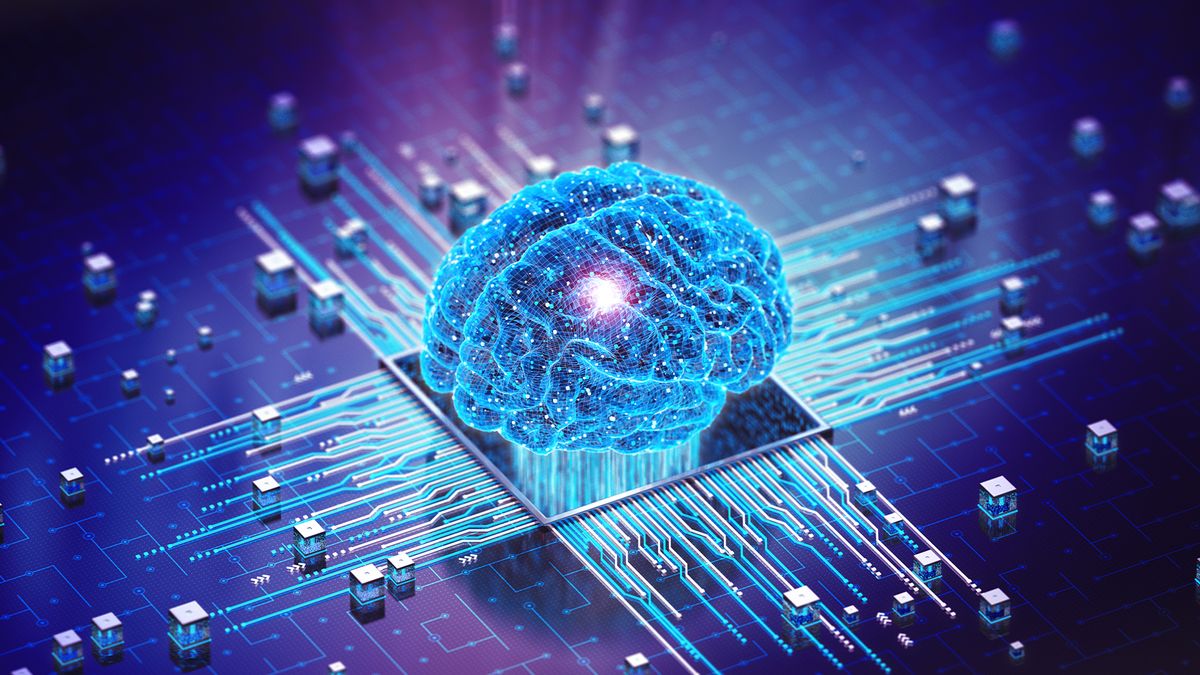Artificial Intelligence (AI) is one of the most transformative technologies of our time. It has the potential to revolutionize various industries, enhance human capabilities, and solve some of the most pressing challenges facing society. This article delves into what AI is, its applications, the benefits and challenges it presents, and its future prospects.
What is Artificial Intelligence?
Artificial Intelligence refers to the simulation of human intelligence in machines that are programmed to think and learn like humans. These systems can perform tasks such as recognizing speech, making decisions, and translating languages. AI is broadly categorized into two types:
-
Narrow AI (Weak AI): Designed to perform a narrow task, such as facial recognition or internet searches. Examples include Apple's Siri and Amazon's Alexa.
-
General AI (Strong AI): Possesses the ability to understand, learn, and apply knowledge across a wide range of tasks, similar to a human. This level of AI is still largely theoretical.
Applications of Artificial Intelligence
-
Healthcare:
- Diagnostics: AI algorithms can analyze medical data to diagnose diseases more accurately and faster than human doctors.
- Personalized Medicine: AI can tailor treatment plans based on individual patient data.
- Robotic Surgery: AI-powered robots assist in performing precise surgical procedures.
-
Finance:
- Fraud Detection: AI systems can identify unusual patterns in transactions, helping to prevent fraud.
- Trading: AI algorithms analyze market data to make trading decisions.
- Customer Service: AI chatbots provide instant support and manage customer inquiries.
-
Transportation:
- Autonomous Vehicles: AI is the backbone of self-driving car technology.
- Traffic Management: AI systems optimize traffic flow and reduce congestion.
-
Retail:
- Personalized Recommendations: AI analyzes customer behavior to recommend products.
- Inventory Management: AI optimizes stock levels and reduces waste.
-
Education:
- Personalized Learning: AI tailors educational content to individual students' needs.
- Administrative Tasks: AI automates administrative tasks, allowing educators to focus more on teaching.
Benefits of Artificial Intelligence
-
Efficiency and Productivity: AI systems can process and analyze large amounts of data faster and more accurately than humans, leading to increased productivity.
-
Innovation: AI drives innovation by enabling new products and services, such as personalized medicine and smart homes.
-
Enhanced Decision-Making: AI provides data-driven insights that improve decision-making processes in various fields, from business to healthcare.
-
Cost Savings: Automation of routine tasks reduces operational costs and frees up human workers for more complex tasks.
-
Improved Quality of Life: AI technologies enhance daily life through applications like virtual assistants, smart devices, and improved healthcare.
Challenges and Concerns
-
Ethical Considerations: AI raises ethical issues, including bias in decision-making algorithms, privacy concerns, and the potential for job displacement.
-
Security Risks: AI systems can be vulnerable to cyberattacks, and malicious use of AI can pose significant threats.
-
Regulation and Governance: Establishing appropriate regulations and governance frameworks for AI is crucial to ensure its safe and ethical use.
-
Transparency and Accountability: Ensuring AI systems are transparent and accountable is essential to build trust and prevent misuse.
-
Dependence on Data: AI systems require vast amounts of data, raising concerns about data privacy and the monopolization of data by a few large entities.
The Future of Artificial Intelligence
The future of AI is both exciting and uncertain. Here are some potential developments:
-
Advancements in General AI: Researchers are working towards achieving general AI, which could perform any intellectual task that a human can do.
-
AI in Everyday Life: AI will become more integrated into daily life, with smart homes, personalized healthcare, and autonomous vehicles becoming commonplace.
-
AI in Scientific Research: AI will accelerate scientific discoveries by analyzing complex data sets in fields such as genetics, climate science, and materials science.
-
Collaborative AI: Humans and AI systems will work more collaboratively, combining human creativity with machine efficiency.
-
Ethical AI Development: There will be a stronger focus on developing ethical AI systems that are fair, transparent, and beneficial to all of society.
















